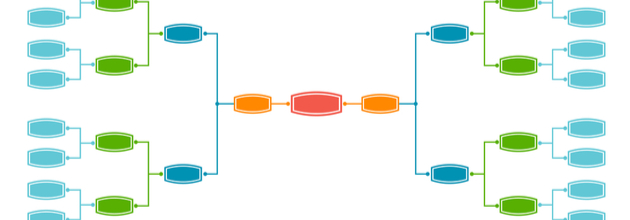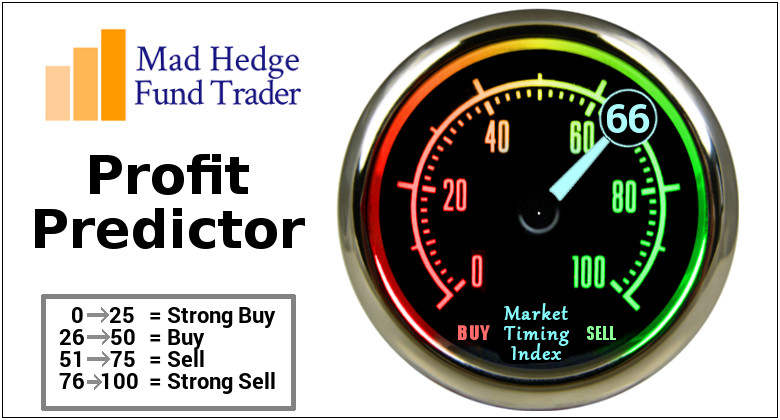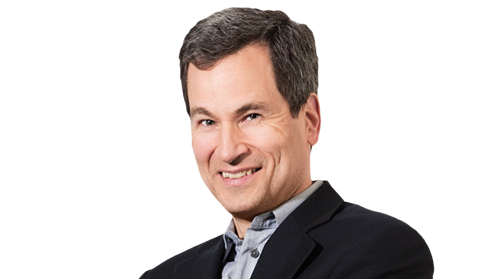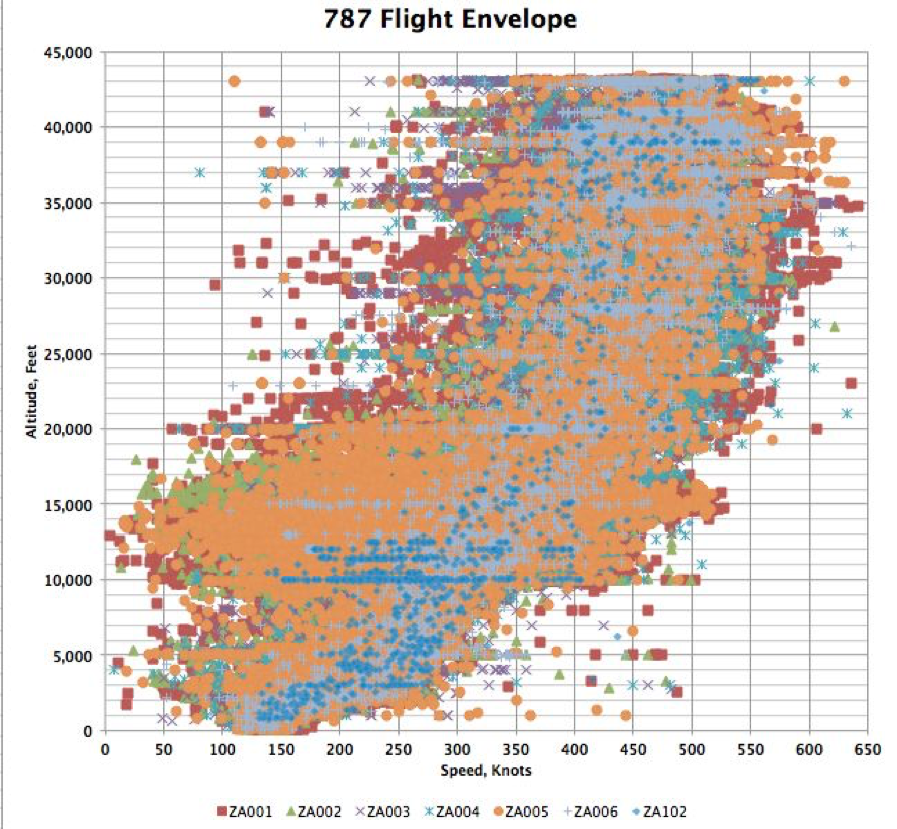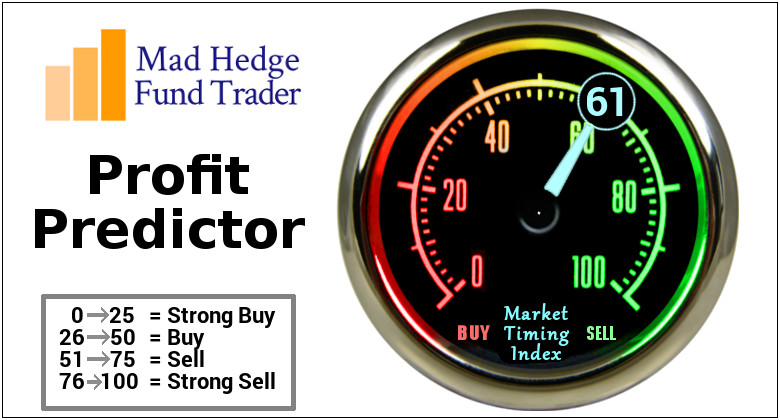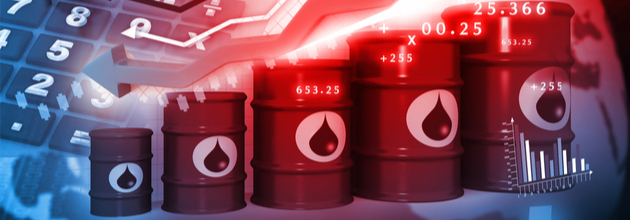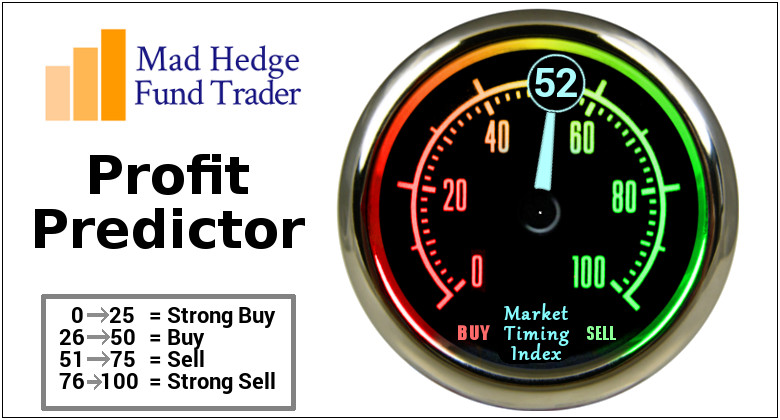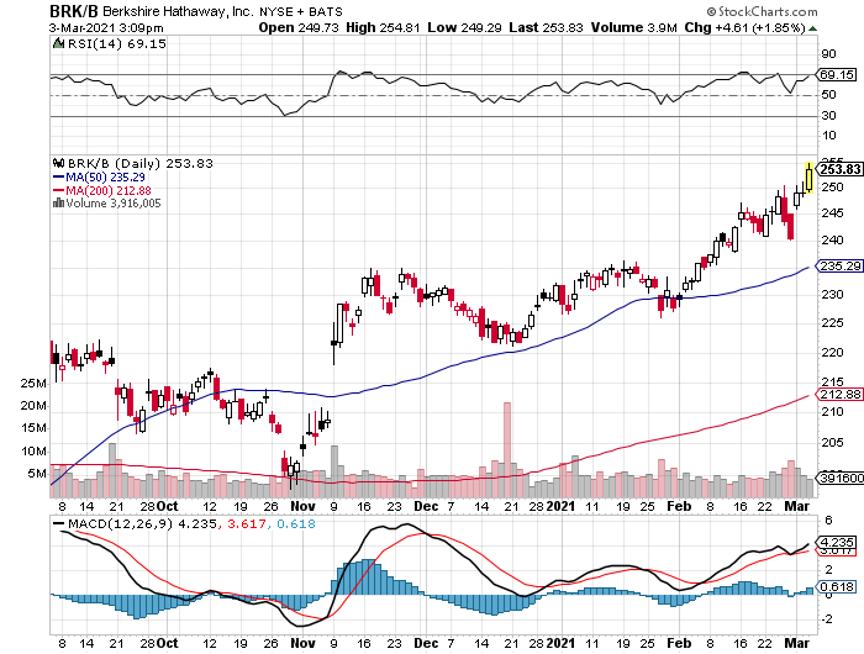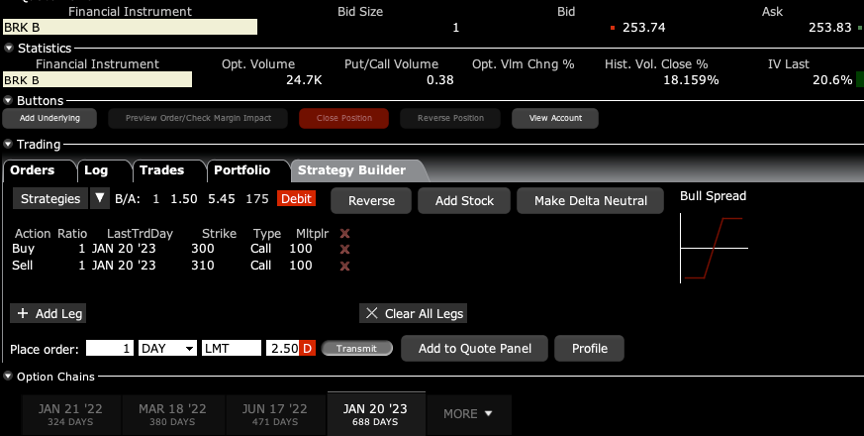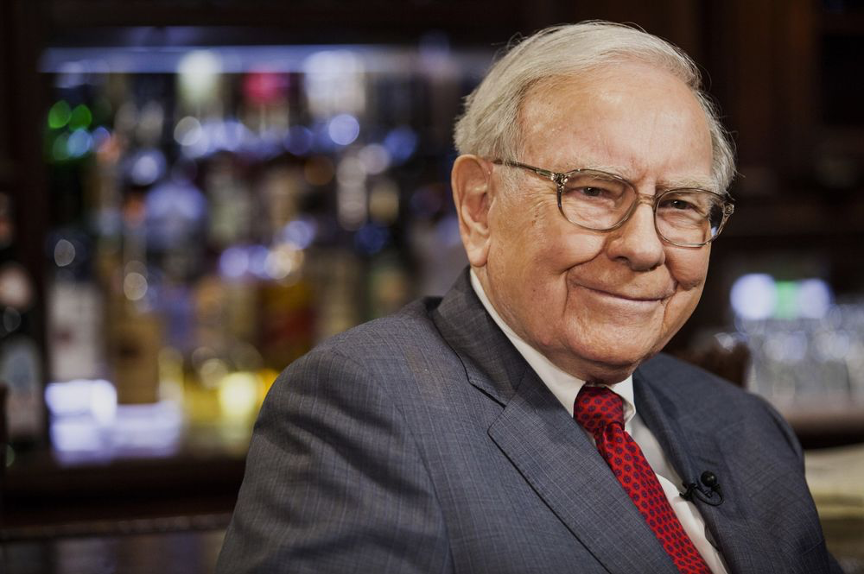|
Top News
Shutterstock Oil prices are on the rise for a second straight session following reports that OPEC and its non-OPEC partners, an energy alliance referred to as OPEC+, might decide against increasing output at a key meeting today. Until now, the consensus view among the group appeared to be that the market can absorb extra barrels, given the increased demand from economic reopenings and recent resilience of crude prices. Oil has even tracked back to the $60/level, in large part due to the alliance's cutbacks, as well as a broader vaccine rollout and increased popularity of commodities as a hedge against inflation.
Backdrop: OPEC+ initially agreed to cut oil production by a record of 9.7M barrels per day in 2020, before easing cuts to 7.7M and eventually 7.2M from January (about 7% of global supply). At that meeting, a clash ensued, triggering Saudi Arabia to unilaterally slash 1M barrels per day in production in February and March, while Russia and Kazakhstan said they would increase their output by a combined 75,000 bpd.
Riyadh painted the decision as some kind of leadership position, saying it was a sovereign political move to support the Saudi economy, members of the OPEC+ group, as well as the wider industry. However, OPEC's de facto leader may still want to return those 1M barrels to market, while others, like non-OPEC leader Russia, were also thought to have wanted a 500K bpd collective increase for April. Remember, the breakeven price for Russia's budget is much lower than that of Saudi Arabia, and questions remain over exactly how much output will be affected and which countries will be involved.
Go deeper: Some surprises may also be in the making. Last month, Saudi Arabia’s Energy Minister Prince Abdulaziz bin Salman reportedly said to those trying to forecast next move from OPEC+: "Don't try to predict the unpredictable." The recent energy crisis in Texas, as well subsequent halt of gas exports, also led Abdulaziz to consider reversing production cuts, though he left oil watchers on edge. "We are in a much better place than we were a year ago, but I must warn, once again, against complacency. The uncertainty is very high, and we have to be extremely cautious."



| |
|---|
Central Banking
Stock futures inched between gains and losses overnight following another session that saw the major averages finish in the red across the board. The heavy losses continued to inflict pain on investors spooked by rising bond yields, as the 10-year Treasury made its way to nearly 1.5% before easing back. The developments could hurt high-growth companies dependent on easy borrowing, while tech names were dealt a one-two punch, with cyclical plays supported by economic reopenings and broader vaccine rollouts.
What's next? Markets are laser-focused on Jerome Powell's next move. The Fed Chair is due to speak today at a Wall Street Journal conference (starting 12:05 p.m. ET), which will be his last outing before the FOMC convenes on March 16-17. Investors will look for any hints of concern about the recent jump in bond yields, especially given the Q&A format. The last time we heard from Powell was in front of Congress, when answers to politicians were likely more calculated.
Steps that could be taken: Some are talking about reviving Operation Twist as the yield curve steepens. That's where the Fed buys longer-dated bonds and sells shorter-dated bonds to bring down rates at the longer end. It would be Operation Twist Part 3, with the first coming in 1961 in an effort to strengthen the dollar and stimulate spending, and the second in 2011 to push down longer-term rates with the fed funds rate at zero. Other policy tweaks at Powell's disposal include an increase in rates on excess reserves or overnight repo operations.
Mark Cabana, head of U.S. rates strategy at BofA Securities, wrote recently in favor of bringing back Operation Twist, saying "the Fed is simultaneously losing control of both the U.S. front end and back end rates curves." Operation Twist Part 3 "kills three birds with one stone: It pulls up front end rates, it stabilizes back end rates, and it does so in a reserve neutral way that lessens bank (statutory liquidity ratio) pressure to hold more capital." ( 10 comments)



| |
|---|
Sponsored By Seeking Alpha

Get the full story on our top 5 stock stories of the day. Seeking Alpha authors provide in-depth coverage; we bring you the most popular and thought-provoking analysis – straight to your inbox.
Subscribe - its free » | |
|---|
M&A
Las Vegas Sands is selling its iconic operations on the Las Vegas Strip after upending the nature of the casino business there and many other places across the globe. Under a two-part deal, VICI Properties ( OTC:VICI) will acquire the real estate-related assets of The Venetian and Sands Expo for $4B, while Apollo Global Management ( APO) will buy the subsidiaries that hold the operating assets and liabilities of the Las Vegas business for $2.25B. That means the company led by Sheldon Adelson until his death this year will effectively cease U.S. operations.
Backdrop: Starting in the late 1980s, Adelson moved into the casino business, purchasing the Sands Hotel and Casino in Las Vegas for $128M. The deal would eventually launch Las Vegas Sands into a global resort brand, with a string of lucrative casinos in the Chinese gambling enclave of Macao. Adelson built the $1.5B Venetian in place of the Sands building in 1996, while Las Vegas Sands' most recent construction was the Parisian Macao, a luxury hotel fitted with a half-scale copy of the Eiffel Tower.
"On our SOTP we value the Vegas assets at $4.1B, implying the deal is ~$2-3 accretive given 764M shares and assuming a few $100m tax leakage," wrote Morgan Stanley analyst Thomas Allen. He also notes that some LVS corporate expenses could shift over to the property, conventions may take longer to return, and with a less firm connection with international properties, it could lose some of that business for the new owner in what could be an opportunity for MGM Resorts ( MGM) and Wynn Resorts ( WYNN).
Some statistics: Casinos in Las Vegas saw gaming win increase M/M in January, but that was down sharply from the year-ago period as CES went online. Las Vegas Sands was also the only U.S.-based casino company to not lay off employees during the coronavirus pandemic. ( 18 comments)



| |
|---|
Space
It was an exciting day in Boca Chica, Texas, on Wednesday, as SpaceX ( SPACE) tested another one of its Starship prototypes that it hopes will launch cargo and people to the moon and Mars. Excluding a heavy booster that creates a two-stage system, the reusable rocket stands at about 150 feet tall, or about the size of a 15-story building, with a 30-foot diameter. The stainless steel vehicle is powered by three Raptor rocket engines, and would be able to carry as many as 100 passengers and 100 metric tons of cargo.
What happened? The SN10 flight was similar to the ones SpaceX performed in December and February, when it test-flew prototypes SN8 and SN9, respectively. Both rockets completed objectives like testing aerodynamics, shutting down the engines in succession, and flipping to orient for landing, but both prototypes exploded on impact as they failed to slow down enough. SN10 landed successfully yesterday after executing a "belly flop maneuver," but the rocket exploded a few minutes later (due to a suspected methane leak).
"Third time's the charm as the saying goes," said SpaceX engineer and live feed narrator John Insprucker. "As a reminder, the key point of today's test flight was to gather the data of controlling the vehicle while re-entering, and we were successful in doing so. The Texas team has several more suborbital test vehicles in build, with number 11 ready to roll out to the pad in the very near future."
Outlook: Elon Musk said back in October that he's 80% to 90% confident that Starship will be ready for an orbital flight this year and will be "safe enough for human transport by 2023." In the meantime, SpaceX's worth keeps growing. The firm is said to have completed another equity funding round of $850M in February, sending its valuation skyrocketing to about $74B. That's a jump of about 60% compared to last August, when SpaceX raised near $2B at a $46B valuation. ( 7 comments)



| |
|---|
Trending
VanEck plans to launch a new ETF today that aims to track the BUZZ NextGen AI US Sentiment Leaders Index, a measure of stocks that are generating "buzz" on traditional and social media. The Social Sentiment ETF ( BUZZ) will trade on the New York Stock Exchange and is getting a big push from Barstool Sports' "El Presidente" Dave Portnoy, who's been a major stock market influencer on social media. He's involved with both the index and the ETF, touting it in an "emergency press conference" posted on BarstoolSports.com.
Quote: "As always I must remind you I am not a financial advisor. Don't trust anything I say about stocks. Having said that I think you’d be stupid not to invest. But what do I know? I’ve only been right for 20 years straight."
How does it work? Stocks are selected and scored for the index using artificial intelligence tools like machine learning and natural language processing algorithms, which analyze social media, news and blogs. The BUZZ NextGen AI US Sentiment Leaders Index consists of 75 large-cap U.S. stocks that show the most positive investor sentiment in the media, though it reportedly won't contain any "meme stocks" like GameStop ( GME) and AMC ( AMC), nor is it a "meme ETF."
The BUZZ index has beaten the S&P 500 across a wide range of time periods, from month-to-date to five-year gains. For instance, the index has had three-year annualized returns of 32%. Additionally, it has seen an 89% one-year return. And year to date, the BUZZ index is up 18%. Current holdings include Twitter ( TWTR), DraftKings ( DKNG), Ford ( F), Facebook ( FB), Amazon ( AMZN) and Apple ( AAPL). ( 34 comments)



| |
|---|
What else is happening...
| |
|---|
Wednesday's Key Earnings
Today's Markets
In Asia, Japan -2.1%. Hong Kong -2.2%. China -2.1%. India -0.7%.
In Europe, at midday, London -0.7%. Paris flat%. Frankfurt -0.3%.
Futures at 6:20, Dow flat. S&P -0.1%. Nasdaq flat. Crude +0.4% to $61.50. Gold -0.3% at $1710.30. Bitcoin -1.5% to $50149.
Ten-year Treasury Yield -2 bps to 1.45%
Today's Economic Calendar
|
|---|
|
|---|
|
|---|
|
|



 DAIF
DAIF
